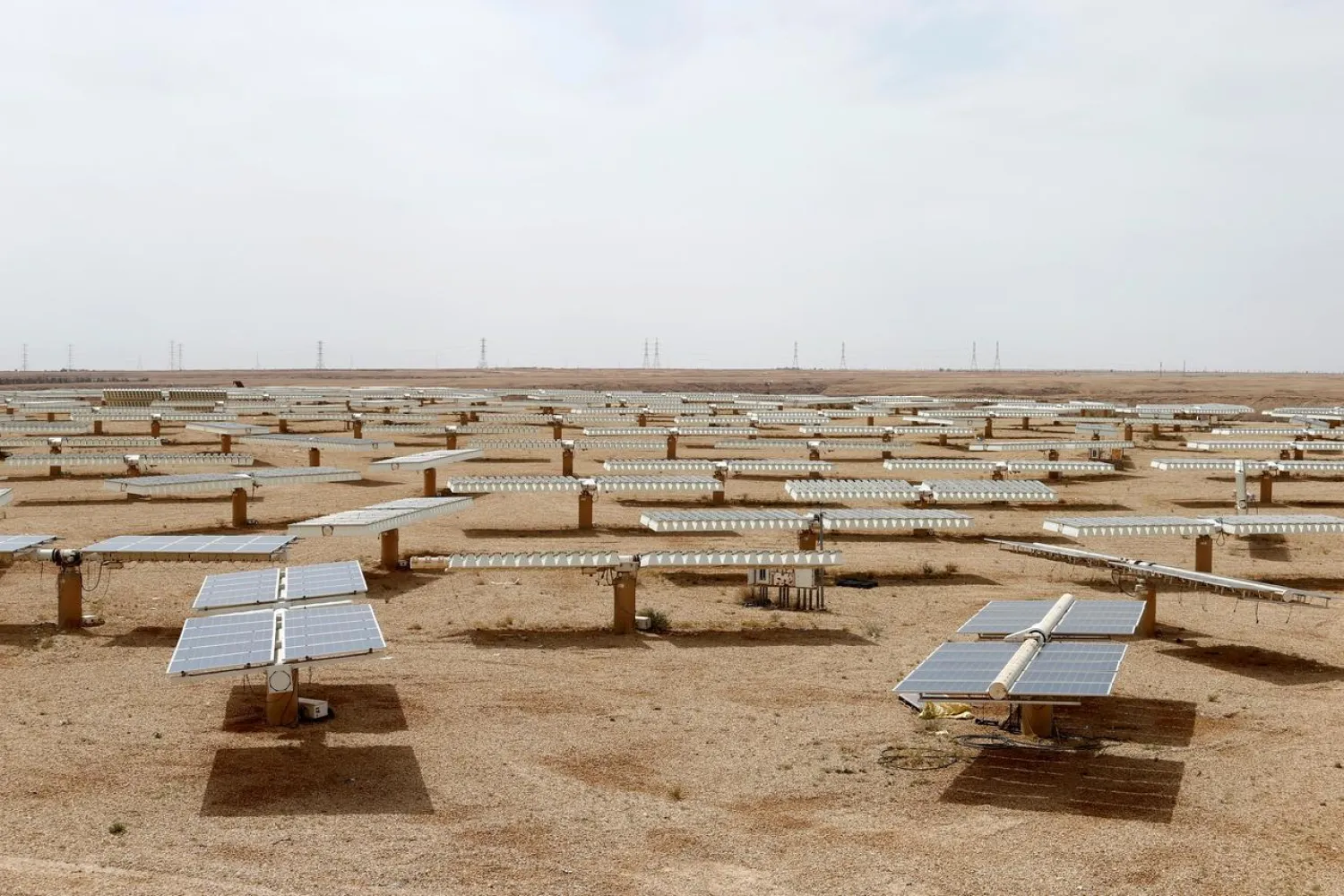The Renewable Energy Project Development Office (REPDO) of Saudi Arabia’s Ministry of Energy, Industry, and Mineral Resources has issued the request for proposals (RFPs) for round two of the Kingdom’s National Renewable Energy Program (NREP).
The RFPs for two ‘Category A’ projects was issued on Thursday, following the issuance of RFPs for four ‘Category B’ solar projects on July 18.
The six projects will see a total solar PV capacity of 1.47 gigawatts (GW) tendered to qualified companies.
In June 2019, REPDO qualified 60 companies, including 28 from Saudi Arabia.
Qualified companies will now proceed to the RFPs stage as either managing member, technical member, or under a newly-created category of ‘local managing member’.
This new category will encourage greater local and international partnerships during the forming of bidding consortia.
Round two projects have been divided into two categories: ‘Category A’ for smaller projects and ‘Category B’ for larger projects.
‘Category A’ projects require consortium members to partner with at least one local managing member.
Projects within round two will carry a minimum requirement of 17 percent local content as calculated by the mechanisms defined by the Local Content and Government Procurement Authority (LCGPA), which aims to increase the value-added contribution of products and services in the national economy.
The six projects being tendered within round two represent the first half of REPDO’s 2019 project development pipeline.
A further six projects will be tendered by Q4 2019 and will constitute round three of the NREP.
It is noteworthy that proposals for round two ‘Category B’ projects must be submitted by November 18, and the deadline for ‘Category A’ projects is December 3.









